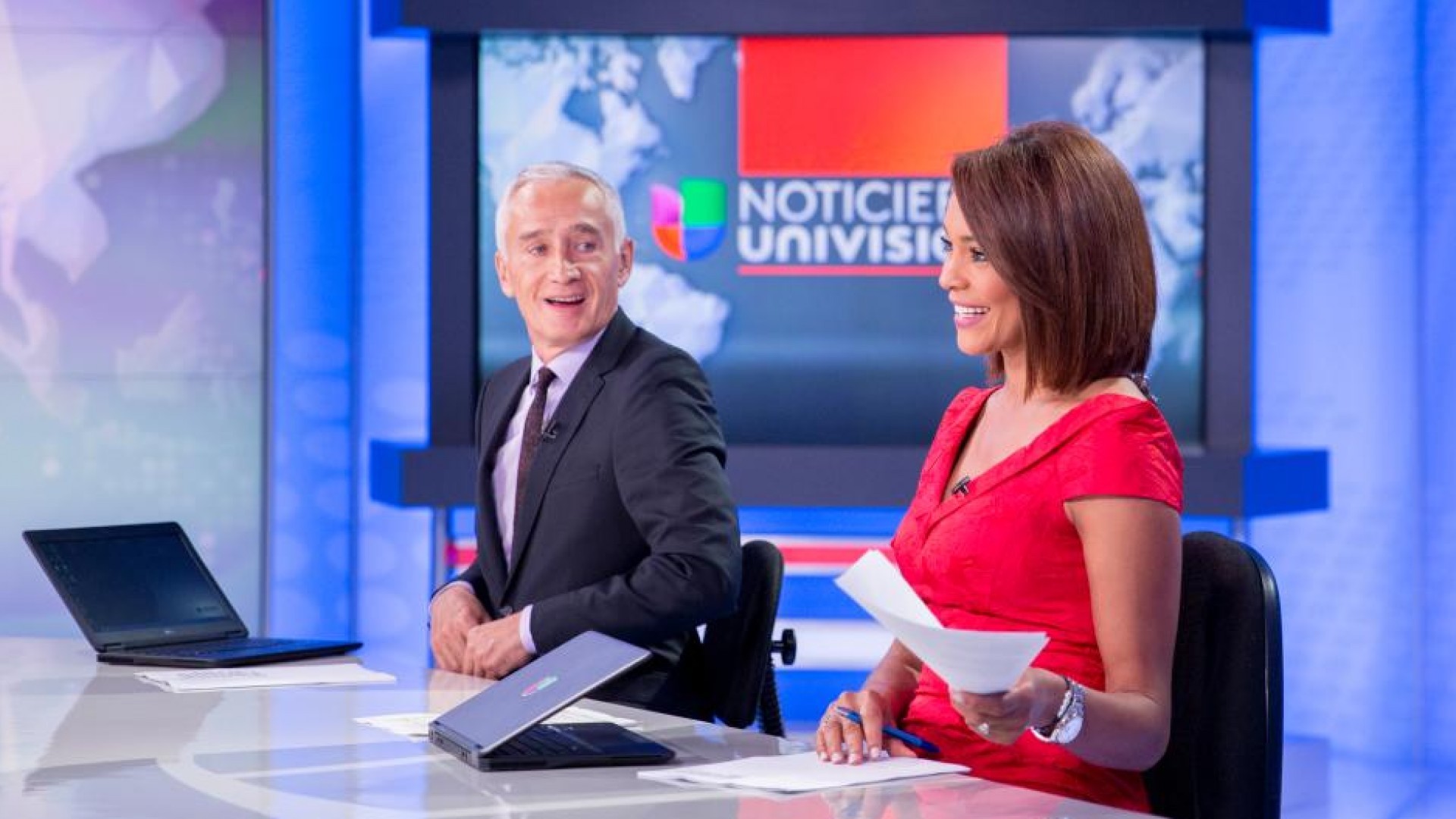The Five Spot: Vincent Sadusky

The smarter way to stay on top of broadcasting and cable industry. Sign up below
You are now subscribed
Your newsletter sign-up was successful
Bonus Five
Book on your nightstand?Inmigracion Las Nuevas Reglas by Jorge Cancino and Armando Olmedo
What are you streaming?Peaky Blinders on Netflix.
Favorite app? Univision Deportes. I have that and ESPN side-by-side on my iPad and my iPhone.
Favorite vacation spot? A little Mexican hippie surf town about a half-hour north of Puerto Vallarta, called Sayulita.
Recent memorable meal? All the many good Latin food options in Miami.
Vincent Sadusky joined Univision in June after a threeyear stint as CEO of Media General, which was sold to Nexstar Media Group in 2017, but he is no stranger to Spanish-language broadcasting. Prior to Media General, Sadusky spent about a decade at Telemundo, serving in several roles including chief financial officer and treasurer, and staying on after its sale to NBC in 2002. In 2006, he became CEO of LIN Broadcasting, remaining in that role when it merged with Media General in 2014. Sadusky came to Univision after CEO Randy Falco had announced his retirement and several top executives had left. Weeks into his tenure, Univision went dark on one of its biggest distributors, Dish Network, and chances are that blackout will be permanent. Sadusky spent his first few months focusing on internal issues and that focus is starting to pay off. Univision had success in the November sweeps and new shows aimed at younger Hispanics are beginning to gain traction. He spoke with contributing editor Mike Farrell.
The smarter way to stay on top of broadcasting and cable industry. Sign up below
What drew you to Univision?
When this opportunity came along, I spent a long time thinking about it. When I really got into it, I realized that there were some strategic issues associated with the company. Maybe an overreliance on Televisa programming, not quick enough to change and recognize the shifting tastes and behaviors of Hispanics in the U.S., a company that probably wasn’t as able to be flexible in this new world of competitiveness. But at its core, still the best place to be in media. A guy like me who has been around the business for a long time, I thought I could apply my learnings from a decade at Telemundo and NBC, and 15 years of building one of the largest Big Four affiliate station groups and digital marketing companies. Take those experiences and learnings over to a really unique set of assets in Univision. That’s why I’m here.

Univision has invested a lot in local news and programming. How does that fit into the strategy?
We had a super-strong November sweeps. We won November sweeps despite not having carriage on Dish. We’re getting programming from other sources other than Televisa, coupled with Televisa producing new and different stuff from outside producers. Early signs are good. On the local side, when I came here I was pleasantly surprised to see that Univision [stations] in the largest markets in the U.S. are No. 1 or No. 2, English or Spanish, in local news.
How are you getting the word out about this?
This is the first conversation I’ve had, to be honest. For me it was: spend the first 100 to 120 days talking to literally hundreds of people inside the company [and] outside the company, make changes in the management team and focus 100% internally and hopefully get some good results, which we’re getting, and then go out there and evangelize. I’m devoting December and January to getting out and speaking to our advertisers and folks who don’t advertise with us, industry things like CES. There is a lot of interest about talking to us about our data-gathering capabilities.
The Dish blackout is now entering its sixth month. How are you coping?
We’ve had our distribution team meet with them many many times; I’ve met with [Dish chairman] Charlie [Ergen] several times. I am truly at a loss for their view of the world, dropping us and then dropping HBO. Some folks have told me he drops almost everybody, that’s kind of the beginning of the negotiations for him. He saves a little money in the process, assuming he doesn’t lose a lot of viewers. We know we’re reasonable, based on having entered into agreements with other major distributors, many of which are bigger than Dish, over the last six months. I know our value.
What do you see as the biggest opportunity in the Hispanic market?
To me, it’s really all about focusing on the content, focusing on the marketing solutions and working with our distributors. Within the ecosystem of television, live TV, that’s where we compete. We have some things in the works for some incremental sports properties that we think will be really fun and exciting, but within our distributor universe; we’ve got a very large database that we keep building that is available for monetization. We’re doing things on the digital side, doing things with our distributors and marketing partners and advertisers. Ultimately, it’s really the basics of the business, being the best at Spanish-language content, Spanish-language marketing.
